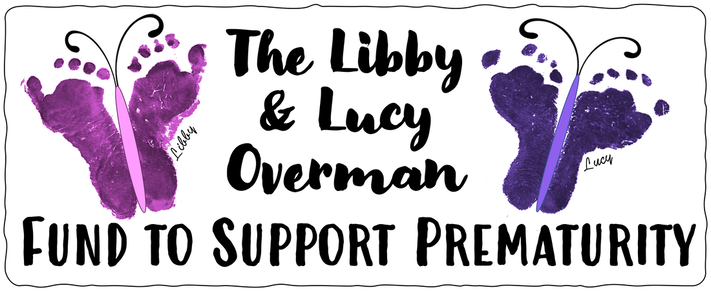Click buttons for more information!
|
The aim of this project is to provide information on pathophysiologic mechanisms and key risk stratification urgently needed to identify non-Hispanic black women at risk for recurrent premature birth of their infants despite therapy with 17-alpha hydroxyprogesterone caproate (17P) given to prevent this.
This project is relevant to NIMHD's mission because it directly investigates underlying mechanisms and the biology of recurrent spontaneous preterm birth and non-response to 17P among non- Hispanic black women, a group of women at disproportionately high risk of 17P treatment failure. |
The aim of this project is to integrate pro-inflammatory environmental exposures into Dr. Manuck's current prospective, longitudinal high risk preterm birth cohort. She will use this as a platform to further develop her own research skills and expand her significant mentoring of aspiring clinical researchers to improve the care of women at highest risk for prematurity.
This project is relevant to the core mission of NIEHS because it uses patient-oriented research to better quantify the burden of environmental contaminant-induced prematurity and advance environmental health sciences. |
|
Project 5: Applied Research Opportunities
The aim of Project 5e is to determine levels of PFAS in drinking water; assess exposure in pregnant women; and investigate the impact of PFAS on the placenta and pregnancy outcomes as well as the mechanisms underlying the adverse effects. |
Toxic metals are polluting the environment in North Carolina from both geogenic sources as well as industry-derived contamination; preliminary work suggests that these metals are likely harming pregnancies and the developing fetus. The need for a minimally-invasive way to assess children’s exposure to environmental contaminants exists. The project will focus on optimizing and streamlining the utilization of dried blood spots as a critical resource for exposure and biomarker assessment. The team will leverage the ongoing study, Environment, Perinatal Outcomes, and Children’s Health (EPOCH), based at UNC’s high-risk pregnancy clinic that includes women from throughout North Carolina.
|
Are you potentially interested in supporting our work & the efforts of the prematurity prevention program?
Every dollar helps. We are most appreciative of your consideration.
Please contact us to learn more, and someone will reach out to you.
You may also donate directly to The Libby and Lucy Overman Fund for Prematurity through the below link
(you will be re-directed to a secure UNC website).
Please contact us to learn more, and someone will reach out to you.
You may also donate directly to The Libby and Lucy Overman Fund for Prematurity through the below link
(you will be re-directed to a secure UNC website).
Please search for fund #346096, or click "find more fund options" and search for fund by name if it does not autopopulate.

